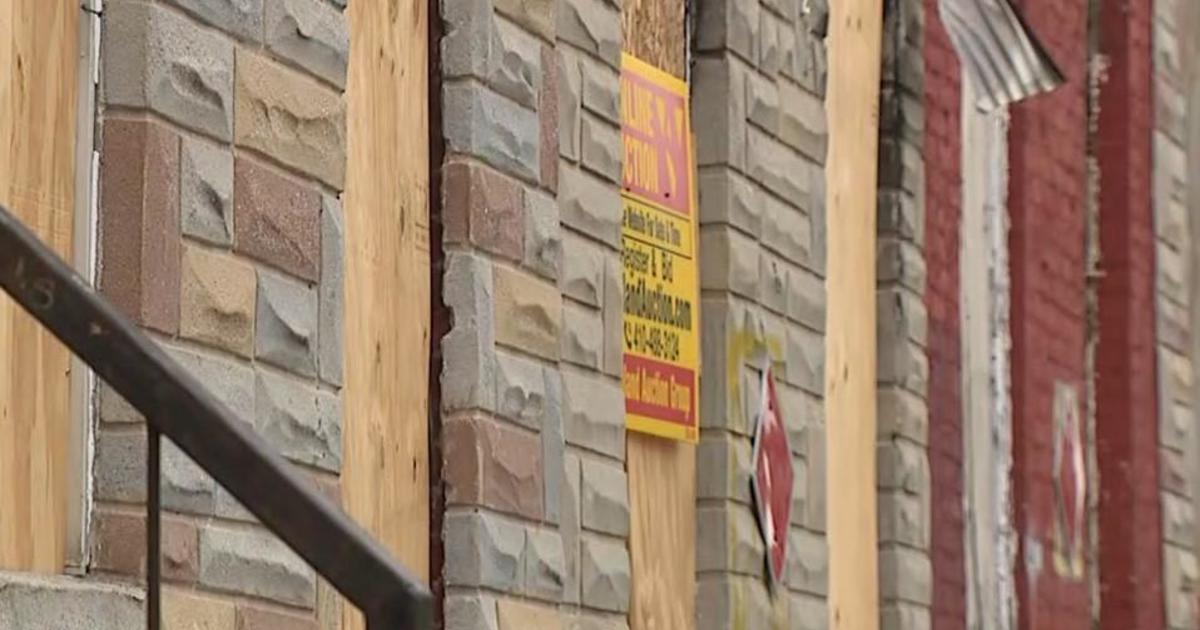Maryland Is Becoming Hot Spot For Lyme Disease
BALTIMORE (WJZ) -- Right now is the most dangerous time of the year for getting Lyme Disease. It's spreading rapidly and Maryland is one of the hot spots.
A Baltimore County woman who didn't realize she was infected before it was too late shares her life-changing story with Jessica Kartalija.
Allison Woodward may look healthier than most, but a year ago, she couldn't even get out of bed.
"I started feeling exhausted and a lot of muscle fatigue early on and physically, I couldn't maintain the level of fitness that I had maintained for years," she said.
This mother of four, tri-athlete and marathon runner's world came crashing down when she discovered she had Lyme Disease.
"I knew in my heart there was something more going on than just being tired," she said. "I stopped racing. I stopped pushing myself and part of that was because I just couldn't physically, but then I think mentally, I started to allow the diagnosis to take over my life."
The tick that bit Woodward and infected her was so small, she never even knew it was there.
"It's about poppy seed size. So it's kind of something you could miss," said Dr. Mark Soloski, Johns Hopkins Lyme Research Center.
Like some people, she never developed the bulls eye rash associated with Lyme Disease.
"How it affects each person is so different," Woodward said.
Lyme Disease is spreading all over the Northeast, including Maryland. The problem is so severe, Johns Hopkins Hospital has just opened a new research center to study the disease. Soloski runs the lab.
"It's throughout the state: on the Eastern Shore, it's in central Maryland, it's in western Maryland," he said.
Just last year, the CDC upped the number of reported cases of Lyme Disease from 30,000 to 300,000 nationwide---which makes it even more surprising how little doctors really understand about the disease.
"About 80% of the people that get Lyme Disease and are properly diagnosed and are properly treated, they recover from the infection," Soloski said. "But there's another 10 to 20% who just don't bounce back. They have trouble functioning."
Some become paralyzed and even die.
Understanding why could lead doctors to develop better treatment.
"Our holy grail is to help these folks who do not recover from the infection," he said.
Even though Woodward was treated with antibiotics, like many people with Lyme Disease, she still has tough days.
"But I'm here, I'm alive. I can run now," she said.
And she wants everyone to know she's not giving up.
"I just hope that people try to find help as soon as they can and realize that life is doable with Lyme and try to really have that mentality that you're going to fight it as hard as you can and do what you can and try not to let it beat you," Woodward said.
A simple blood test can tell you if you are infected. The sooner you know, the better your chance of recovery.



